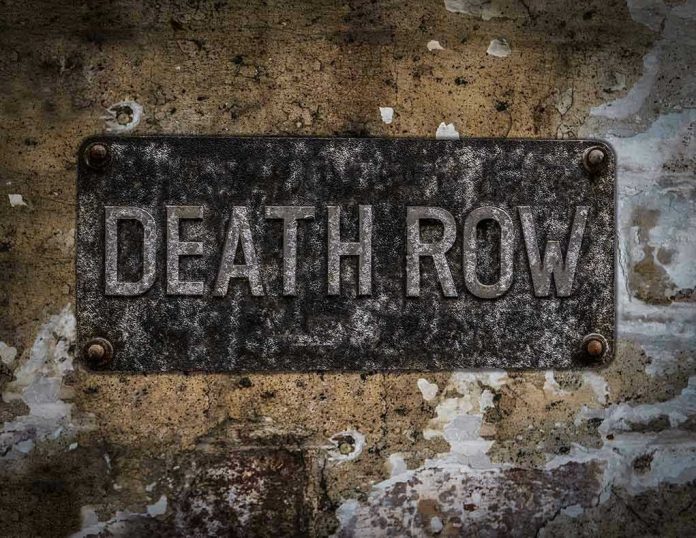🔴 Website 👉 https://u-s-news.com/
Telegram 👉 https://t.me/usnewscom_channel
A Supreme Court decision in Taiwan leaves a death row inmate without recourse, underscoring the complexities of the nation’s capital punishment laws.
Story Highlights
- Taiwan’s Supreme Court denies retrial for death row inmate Lu Wen-sheng.
- The decision reflects ongoing debates over procedural justice and the death penalty.
- Constitutional Judgment No. 8 conditionally upholds the death penalty.
Supreme Court Denies Retrial Request
On August 5, 2025, Taiwan’s Supreme Court dismissed a retrial appeal by Lu Wen-sheng, a death row inmate convicted in 2006 for the murder of an elderly couple. This decision comes despite Lu citing Constitutional Judgment No. 8, which conditionally upheld the death penalty while introducing new standards for appeals in capital cases. The Court determined that Lu failed to meet the criteria necessary for a retrial, lacking new evidence or proof of procedural errors in his original trial.
This ruling has sparked renewed debate over the fairness and application of Taiwan’s capital punishment laws, particularly concerning the strict standards for retrials.
Historical Context and Legal Background
Capital punishment in Taiwan has been a contentious issue since its inclusion in the criminal code in 1935. Over the years, Taiwan has experienced periods of moratorium and resumption of executions, reflecting ongoing debates between proponents and opponents of the death penalty. The 2024 Constitutional Judgment No. 8 was a pivotal moment, as it set new standards for appeals in capital cases, aiming to ensure that only the most serious crimes receive the death penalty. This judgment, however, has proven challenging to implement, as evidenced by Lu’s case.
The legal system in Taiwan, which allows for three-instance trials, is under scrutiny for its procedural fairness, especially in cases involving the death penalty.
Implications and Future Outlook
The Supreme Court’s decision not only affects Lu Wen-sheng but also sets a precedent for other death row inmates. With 36 individuals currently awaiting execution, the ruling highlights the procedural hurdles they must overcome to seek retrials. In the short term, Lu’s execution remains a possibility unless an extraordinary appeal is filed by the prosecutor-general. Long-term implications include potential influences on legislative reforms concerning capital punishment and judicial processes.
This case emphasizes the need for continued advocacy and reform efforts to address procedural deficiencies in Taiwan’s judicial system and align it with international human rights standards.
Sources:
Focus Taiwan (CNA), “Supreme Court rejects retrial request from death row inmate,” August 5, 2025
Wikipedia, “Capital punishment in Taiwan”
Global Issues, “TAIWAN: Activists Turn to Film as Weapon against Death Penalty”
